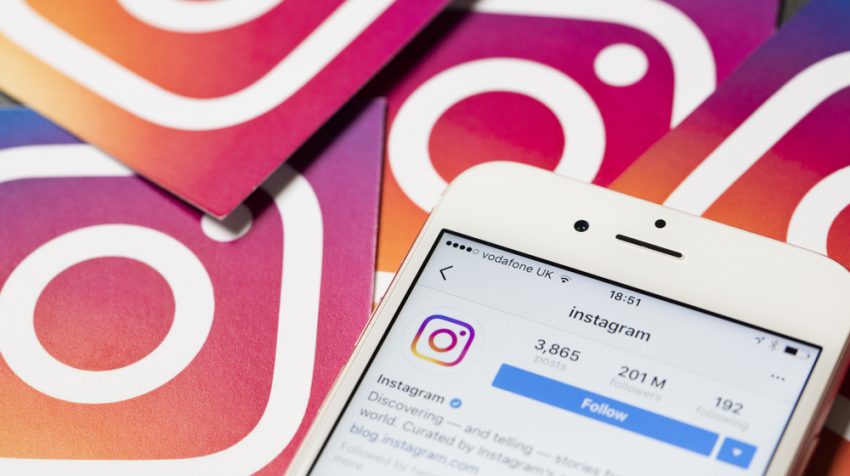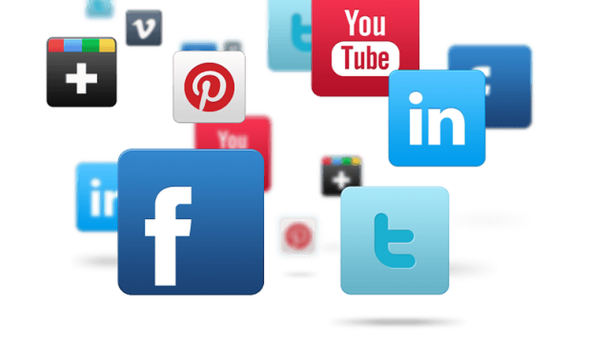In just a few short decades, social media has undergone a revolutionary transformation, altering the way we connect, communicate, and engage with the world around us. What began as simple platforms for connecting with friends and sharing personal updates has evolved into a global phenomenon with profound societal implications. The evolution of social media has been nothing short of extraordinary. Initially, platforms like Friendster and MySpace paved the way for the social media revolution, offering users the ability to create profiles, connect with friends, and share content online. However, it was the launch of Facebook in 2004 that truly set the stage for a seismic shift in the way we interact with each other and the digital realm. Facebook’s success marked the beginning of an era where social media became an integral part of our daily lives. One of the most significant impacts of social media has been its role in reshaping how we communicate. Traditional modes of communication, such as phone calls and face-to-face interactions, have been complemented, if overshadowed, by the ease and convenience of online messaging and video calls.

Platforms like WhatsApp, Instagram, and Snapchat have not only redefined the concept of instant messaging but have also given rise to new forms of visual communication and storytelling through photos and videos. Moreover, social media has transcended personal connections to become a powerful tool for professional networking and brand building. LinkedIn, for example, has revolutionized the job market by providing a platform for individuals to showcase their skills, connect with potential employers, and seek new opportunities. Likewise, businesses have leveraged social media to establish their presence, engage with customers, and market their products and services to a global audience. The concept of influencers has emerged, where individuals with a substantial online following can impact consumer behavior and shape trends, underscoring the transformative influence of social media on marketing and commerce.
The impact of social media goes beyond individual connections and business ventures; it has also revolutionized the way we access and consume information. The rapid dissemination of news and information through platforms like Twitter has transformed the traditional media landscape, enabling citizens to engage with current events in real-time. This shift has given rise to a new era of citizen journalism, where ordinary people can report on and discuss global issues. However, it has also raised concerns about the spread of misinformation and the role of social media in shaping public opinion. Social media’s role in activism and social change cannot be understated either. Movements like the Arab Spring, Black Lives Matter, and MeToo have harnessed the power of social media to mobilize supporters, raise awareness, and effect meaningful change. These platforms have provided a voice to marginalized communities and facilitated the organization of mass protests and advocacy campaigns on a global scale.





